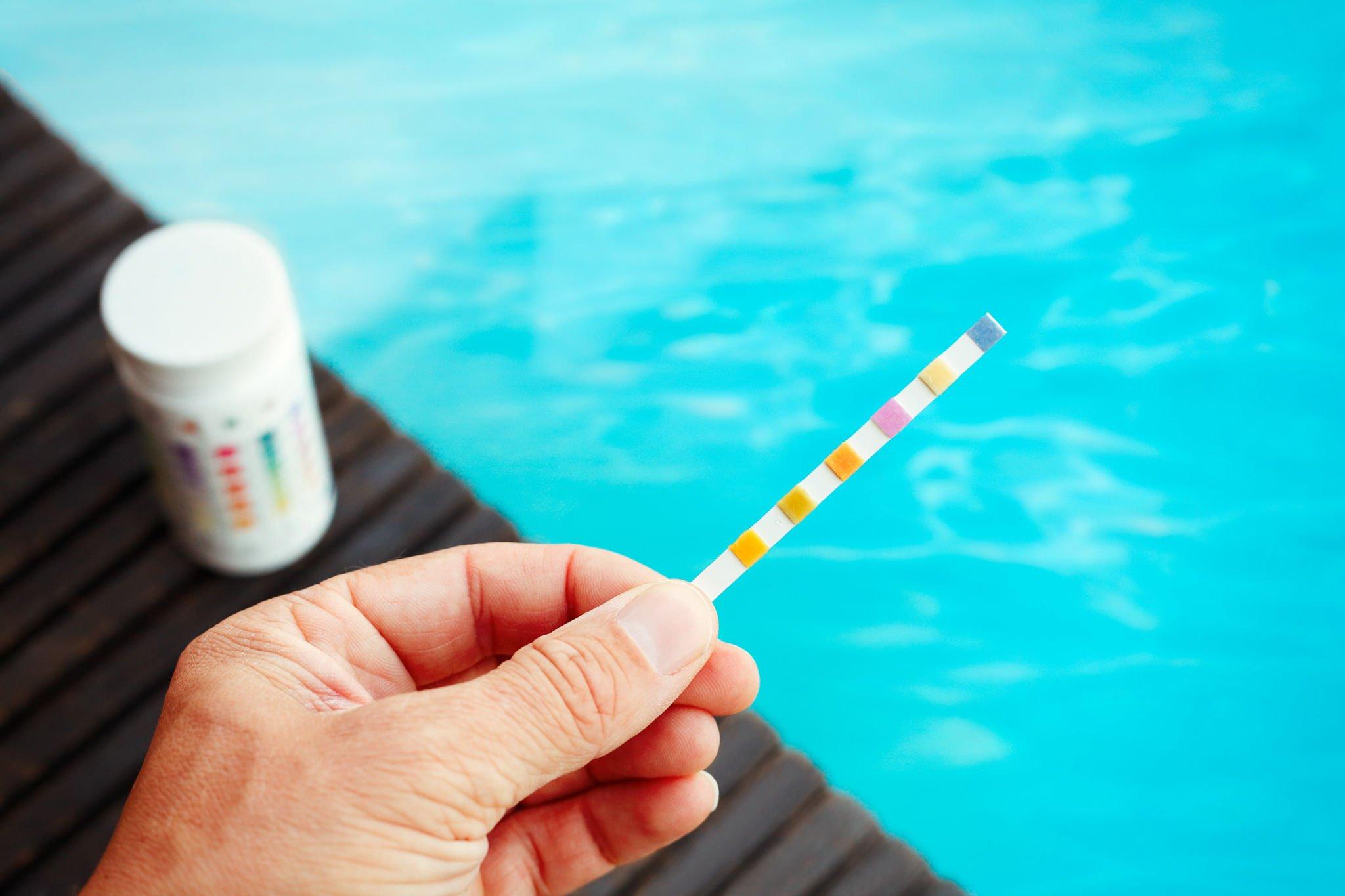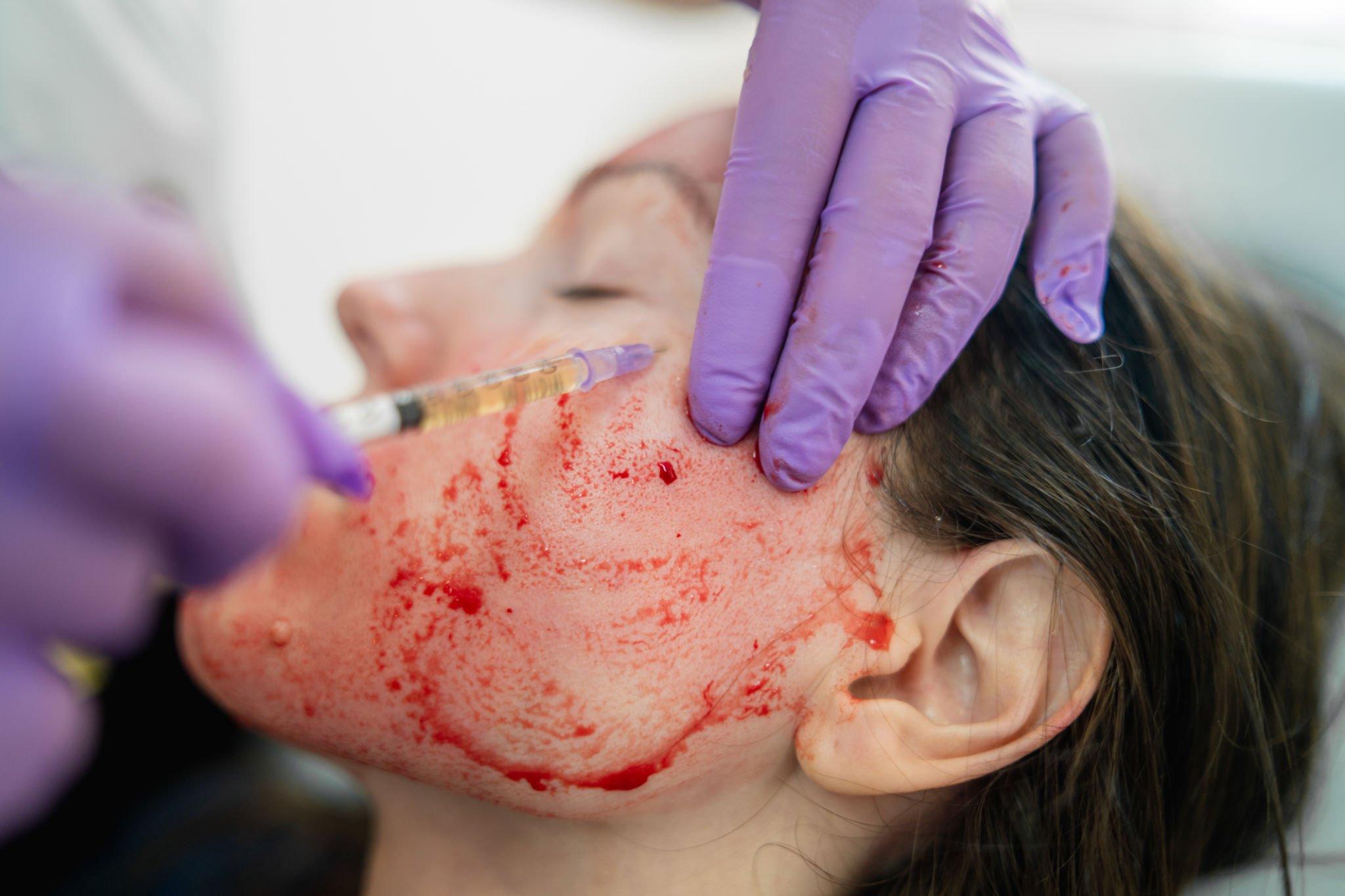When you’re swimming for your health, you don’t want to get sick because of poor pool hygiene. It’s just good common sense to practice the best steps for staying safe when you’re in the water.

It’s no secret that pools that are improperly maintained can be a breeding ground for germs and bacteria.
So it’s up to all of us to do what we can to keep ourselves and others healthy when we swim in the same pool together.
Here are some useful swimming hygiene tips from a swim to keep everyone safe as pool season is on the horizon with the summer months approaching:
Pool Maintenance
A properly cared-for pool is the best way to prevent germs from spreading in the water. Not to mention having the right personnel on duty to make sure no one gets hurt or worse while they are swimming. Public pools can present some problems with so many users diving in at once.
Before you jump in consider taking a look at the pool’s most recent inspection results. That way you know the pool has been recently maintained and the water is clean.
In addition, you want to check that you can visibly identify the drain in the deep end of the water and that the covers are secure and in proper working order.

You may not be able to test the chlorine yourself but you might want to ask if someone on duty is aware of the water’s pH levels and chlorine concentration.
There are certain standards that should be met at all times or you could be courting bacterial growth. The pH should be anywhere from 7.2 to 7.8 and chlorine concentration at a minimum of 3ppm.
Speaking of these chemicals that are employed in maintaining the safety of the water, be sure they’re not out in the open for anyone to get into or play around with, especially young children. These additives can cause severe injuries if handled without care.
Swimming in the Water
Anyone who currently has diarrhea or has had it over the previous two weeks must not get into the pool. This can present a serious health hazard for everyone else who gets in the water.
The same goes for open wounds. Anyone who has a bleeding sore or wound should also remain out of the water unless the area is covered with a waterproof dressing of some kind.
Bodily fluids are a big no-no in a public pool so you must also refrain from peeing in the water. That should go without saying, of course.
Adults should also tell their children not to do this and if they need to go to the bathroom, they should ask a parent to help them.

Those who plan to get into the pool should also rinse off in a shower prior to entering. This is an ideal way of removing things like sweat and dirt from the body, neither of which should be getting into the pool with you.
These can also pose significant health risks to those who are swimming in the same water.



